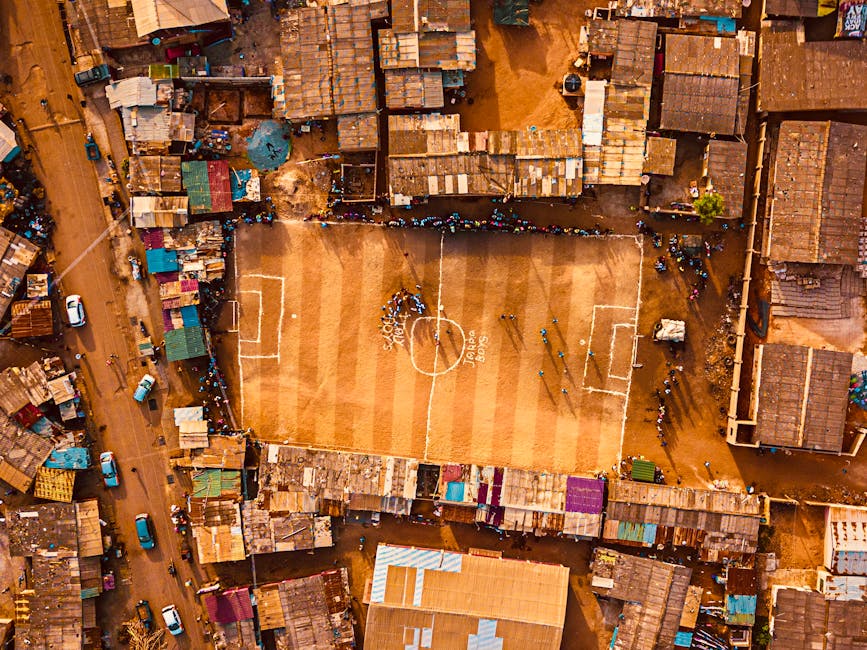Introduction: A Unique Cultural Enclave
In the heart of Accra, Ghana, a vibrant Chinatown has blossomed over the past two decades, symbolizing the deepening ties between China and West Africa. Nestled in the city’s business district, this lively neighborhood blends Mandarin with Twi, red lanterns with African textiles, and Chinese entrepreneurship with Ghanaian hustle.
A Hub of Commerce and Culture
Centered around Airport Residential and Cantonments, Accra’s Chinatown thrives as an economic hotspot. Chinese-owned businesses—from Sichuan restaurants to electronics shops—cater to locals with affordable goods. Beyond trade, the area fosters cultural exchange, especially during Chinese New Year, where dragon dances and shared feasts unite communities.
The Rise of Ghana’s Chinese Diaspora
The neighborhood’s roots trace back to China’s Belt and Road Initiative (BRI), which spurred migration to Ghana. Today, 30,000–50,000 Chinese expats call Ghana home, many running SMEs. “Ghanaians welcomed us,” says restaurateur Li Wei, who moved in 2010. Yet, tensions over competition and labor practices persist, even as Chinese firms contribute to infrastructure and jobs.
Culinary Fusion and Social Bonds
Food epitomizes Chinatown’s blend of cultures. Eateries like Golden Dragon serve Peking duck alongside jollof rice, while fusion spots experiment with shito-spiked noodles. Integration deepens through language schools, workplace exchanges, and even cross-cultural marriages.
Challenges and the Road Ahead
Despite its success, Chinatown faces language barriers, visa issues, and sporadic disputes. Yet, optimism reigns. Ghana values Chinese investments in roads and energy, while Chinese entrepreneurs eye West Africa’s untapped markets.
Conclusion: A Beacon of Globalization
Accra’s Chinatown is more than a business district—it’s a testament to resilience and cultural synergy. As red lanterns glow over the city, this enclave stands as a model for cross-continental collaboration.




